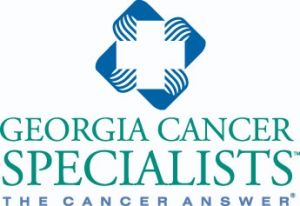 While the American Cancer Society says that the “advantages of screening for some cancers have been overstated,” not all cancer screening is controversial.
While the American Cancer Society says that the “advantages of screening for some cancers have been overstated,” not all cancer screening is controversial.
For example, adoption of the universal current colon cancer screening guidelines – including the use of colonoscopy – could decrease the incidence of colon cancer by 90 percent.
The American Cancer Society (ACS) is looking closely at a recent study published in the Journal of the American Medical Association that questions current screening guidelines for breast and prostate cancer. The study claims that many breast and prostate cancers are found and treated that would never spread and kill, or for that matter, even be noticed if left alone.
Researchers involved in the study report that the effectiveness of these screenings in finding cancer early is not being called into question. The main issue is the knowledge gap between diagnosing the cancer, and being able to recognize which of those early cancers will become dangerous and thereby need aggressive intervention.
In a statement refuting some earlier news reports, the ACS said it is not currently rethinking its stance on cancer screening. While acknowledging issues with some cancer screening, the group also cited advantages, “especially in the case of breast, colon and cervical cancers.”
Current ACS guidelines recommend that “all women over age 40 get an annual mammogram,” and that men talk to their doctor about “whether or not prostate cancer early detection testing is right for them.” For colon cancer, men and women at average risk for developing the disease should get a colonoscopy every 10 years, beginning at age 50.
All patients should ask their doctors to recommend the screening procedures and schedules appropriate for them.